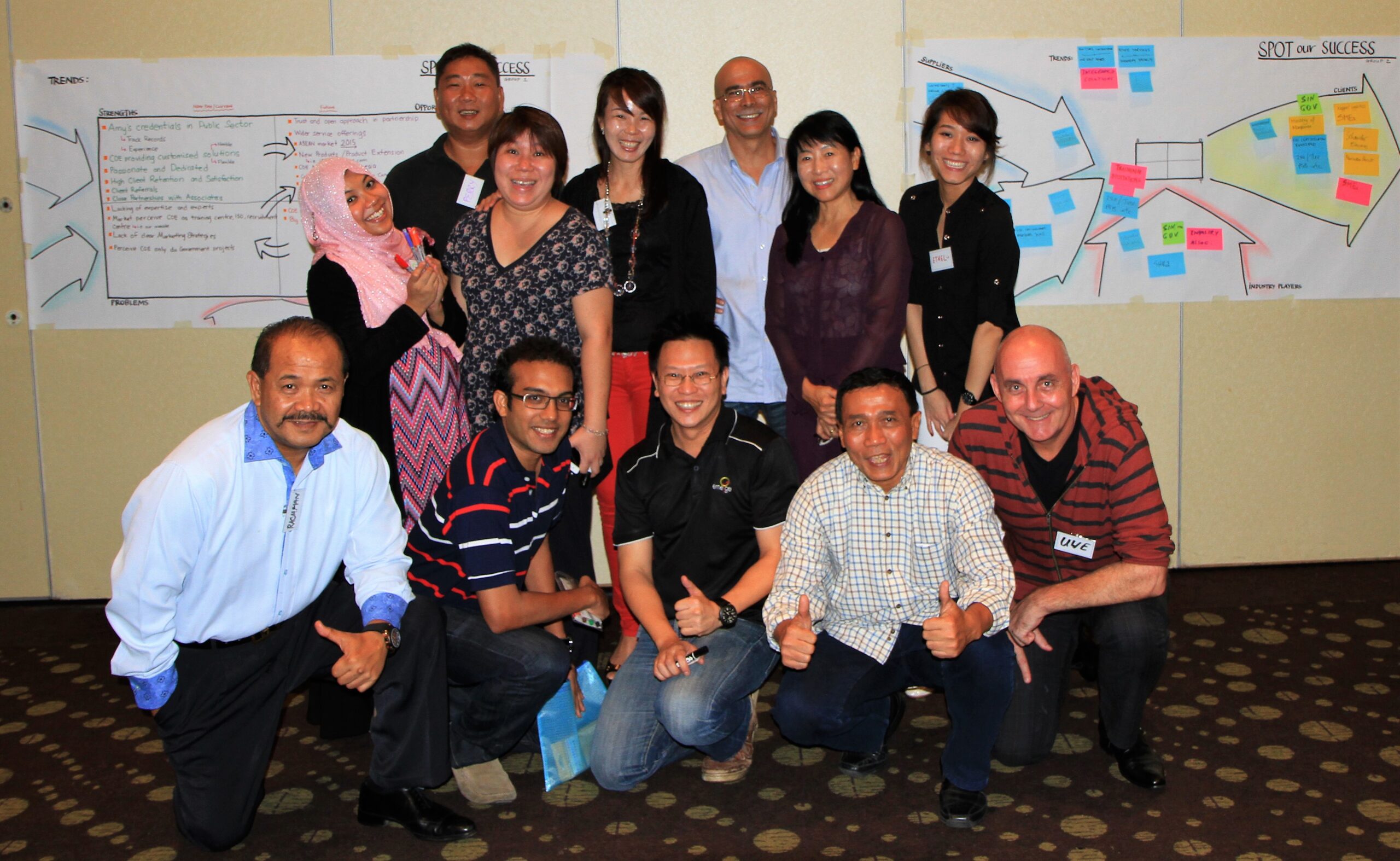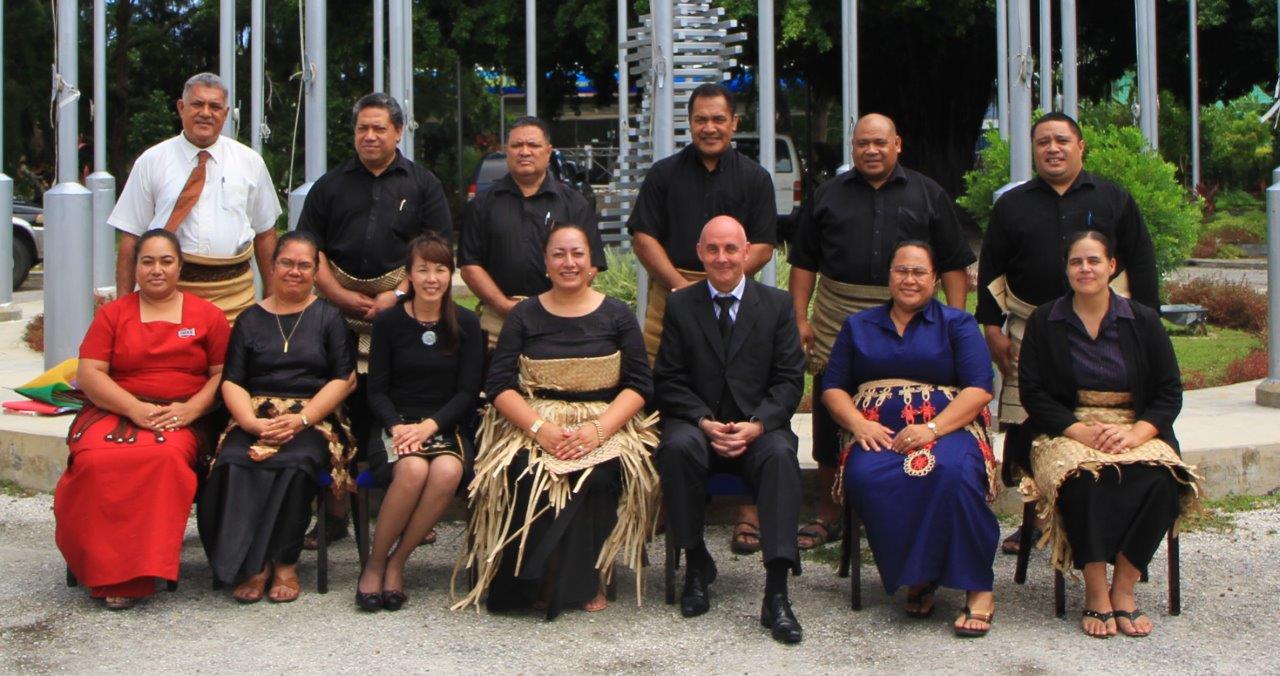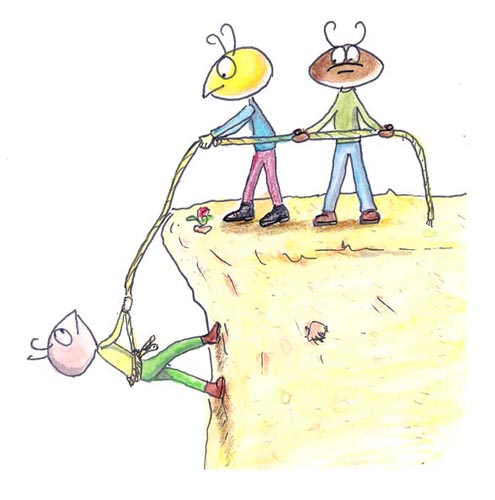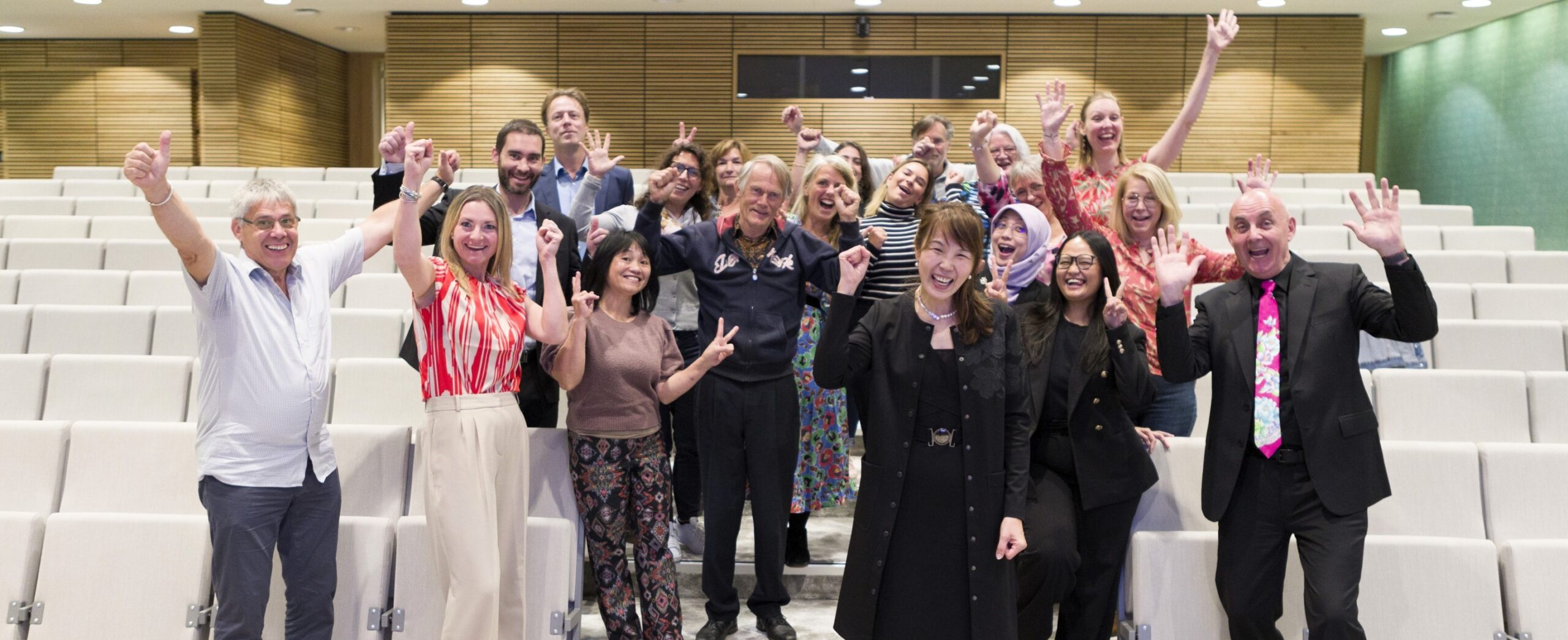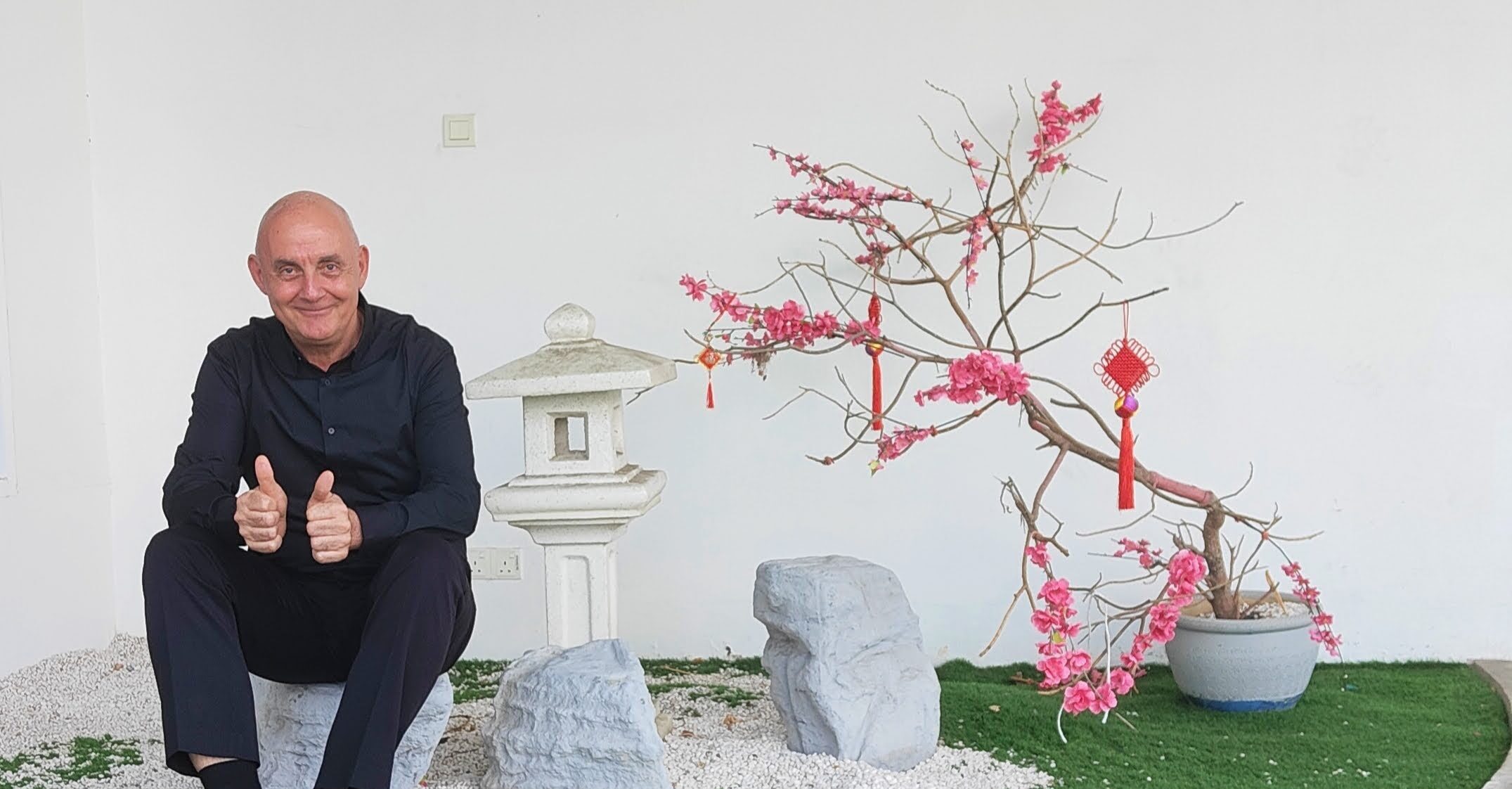
Coaching is about believing in someone and then taking action to help that person to be his or her very best.
Some months ago, the managing director of an MNC approached me to develop a team of four operations managers with some people and management skills. Three of them were promoted recently but have not had any formal leadership training. This is not unusual as we see this happen over and over again. He also shared that he would like me to conduct a one-on-one coaching for one of his managers. He wanted me to develop her leadership skills and especially her openness to change.However, the MD was afraid that this manager, let’s call her JJ, was not receptive to such intervention. We discussed and developed the plan to start with group coaching for his team of managers. This way, the one-on-one coaching for JJ could be “sold” as a logical next step after the group coaching experience.
Group Coaching for Building Trust
Moving to Individual Coaching
I discussed with the group and agreed that the remaining two meetings were to be done on a one-on-one basis. By then, all of them were very open to the idea and had no reservations whatsoever. The recently completed 360-degree leadership assessment came in as a great help for discussion. After the warm-up phase through the group coaching, it was very easy to work even with JJ on a one-on-one basis to come up with a personal development plan. We certainly had the coach-able moment.
Conclusion
- Peer Learning: some coachees may prefer a collaborative learning environment where they learn from the insights and contributions of peers. For coachees who are more introverted, the peer learning process may feel “less intimidating”. And, it provides more time for reflection and articulation of their insights.
- Build Teaming Skills: setting aside time together for learning helps the group to deepen trust and collaboration among peers and across departments. At the same time coachees gain an understanding of the issues, motivations and intentions of colleagues and stakeholders. It also improves interpersonal support skills such as listening, questioning, coaching and feedback.
Benefits of group coaching for the organisation seem to be:
- Cross-functional Exchange and Support for Culture Change: the conversations which ensue often create a web of relationships across teams. This leads to opportunities for the exchange of ideas and different perspectives across seemingly disparate groups. The new relationships often provide an important vehicle for culture change.
- Return on Investment: many organisations have recognised the benefits of group coaching as a follow-on support to learning initiatives. It especially helps employees to apply what they have learnt and share feedback.
- Scalability: For some organisations with an established or an evolving coaching culture, scalability is a key benefit of the group coaching approach. It can support cascading involvement of employees at all levels. For example, organisations may look to create group coaching for new managers or offer group coaching program to sustain the network & conversation after a training initiative.
- All Posts
- Coaching

